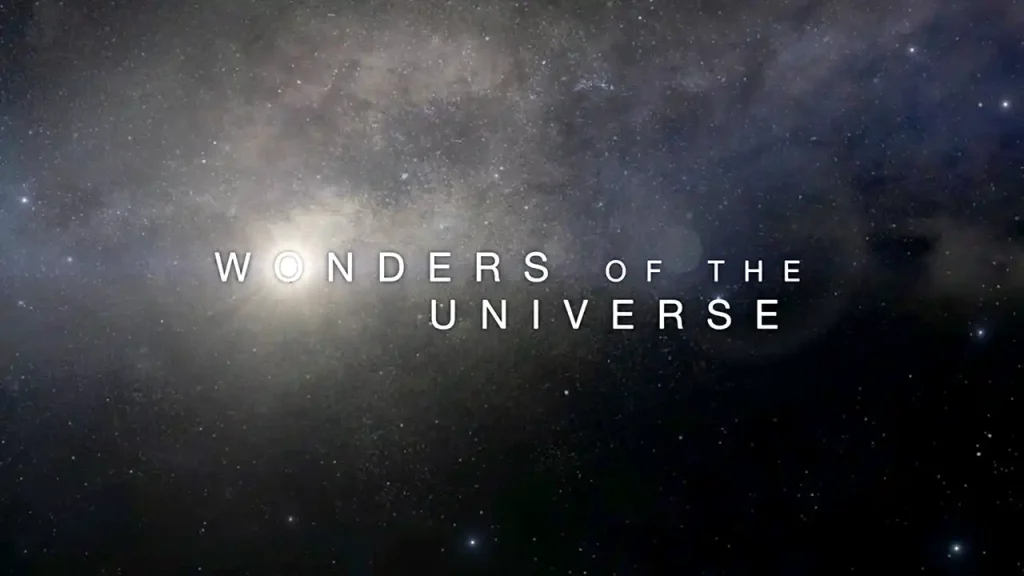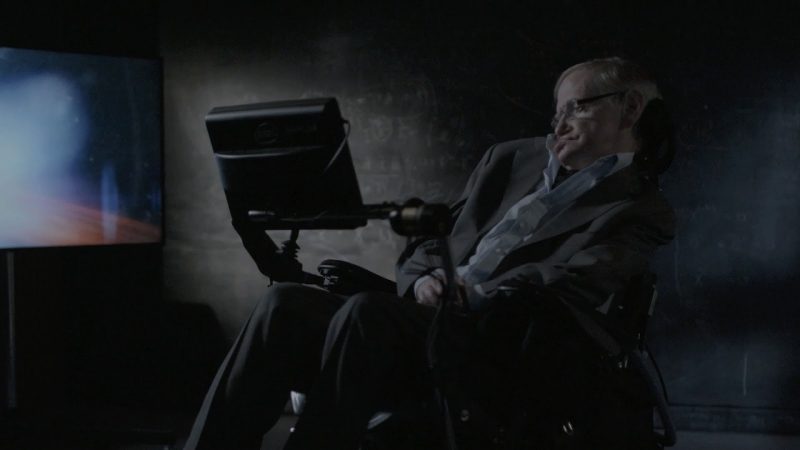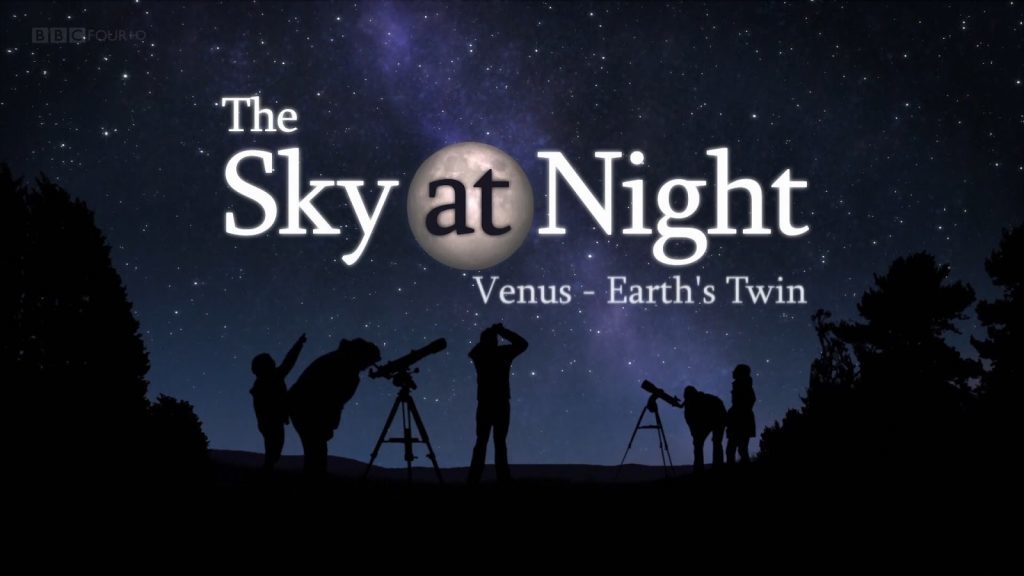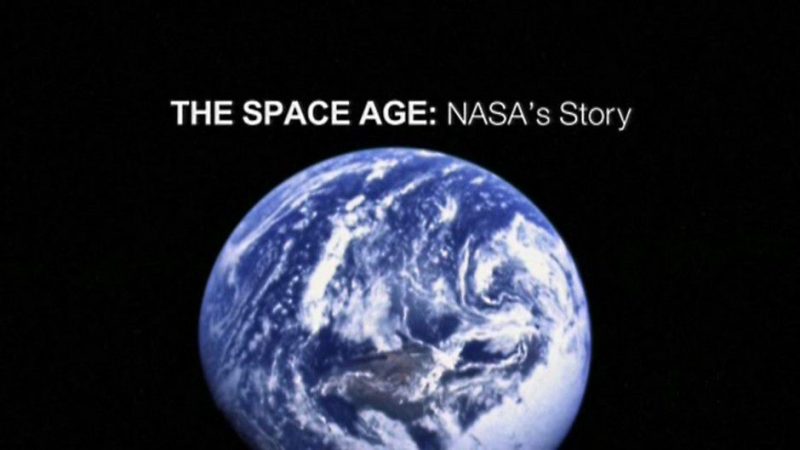Wonders of the Universe: In this episode, Brian looks at the nature of time and its role in creating both the universe and ourselves. Having explored the wonders of the solar system, Professor Brian Cox steps boldly on to an even bigger stage – the universe. Who are we? Where do we come from? For thousands of years humanity has turned to religion and myth for answers to these enduring questions. But in this series, Brian presents a different set of answers – answers provided by science.
From an extraordinary calendar built into the landscape of Peru to the beaches of Costa Rica, Brian explores the cycles of time which define our experience of life on Earth. But even the most epic cycles of life can’t begin to compare to the vast expanse of cosmic time. For instance, just as the Earth orbits the Sun, the solar system orbits the entire Milky Way galaxy. This orbit takes a staggering 250 million years to complete.
Ultimately, Brian discovers that time is not characterised by repetition but by irreversible change. From the relentless march of a glacier, to the decay of an old mining town, the ravaging effects of time are all around us. The vast universe is subject to these same laws of change. As we look out to the cosmos, we can see the story of its evolution unfold, from the death of the first stars to the birth of the youngest. This journey from birth to death will ultimately lead to the destruction not just of our planet, but also the entire universe, and with it the end of time itself.
Yet without this inevitable destruction, the universe would be without what is perhaps the greatest wonder of all – the brief moment in time in which life can exist.
Wonders of the Universe – Unraveling the Mysteries of Time and the Universe with Professor Brian Cox
The Science Behind Our Existence
As humans, we have always been fascinated by the enigma of our origins and our place in the vast cosmos. For centuries, we have turned to religion and mythology to answer these enduring questions. However, Professor Brian Cox offers a different perspective in his captivating series, one that is grounded in scientific discovery.
In this fascinating episode, Cox delves into the enigmatic nature of time and its role in shaping both the universe and ourselves. Traveling from the awe-inspiring landscape of Peru, where an ancient calendar is etched into the earth, to the pristine beaches of Costa Rica, Cox examines the cyclical patterns of time that define our experience of life on Earth. Yet, these earthly cycles pale in comparison to the immense expanse of cosmic time.
Cosmic Time: The Universe’s Grand Symphony
While Earth orbits the Sun, our solar system partakes in an even greater celestial dance, orbiting the entire Milky Way galaxy. This orbit takes a mind-boggling 250 million years to complete, illustrating the vastness of cosmic time.
Cox’s journey leads him to a profound realization: time is not defined by repetition, but by irreversible change. The inexorable march of a glacier or the decay of a once-thriving mining town exemplifies the ravaging effects of time, which are visible all around us. Similarly, the colossal universe is subject to the same laws of transformation.
Gazing into the cosmos, we can witness the story of its evolution unfold, from the demise of the earliest stars to the emergence of the youngest. This cycle of birth and death ultimately leads to the destruction of not only our planet but the entire universe—and with it, the end of time itself.
The Fleeting Beauty of Life in the Universe
Despite the seemingly bleak conclusion that the universe’s ultimate fate is destruction, this inescapable process also yields its most astounding wonder: the ephemeral window of time during which life can exist. Without the universe’s constant change, the miraculous phenomenon of life would not be possible.
In exploring the mysteries of time and the universe, Professor Brian Cox unveils the delicate balance between creation and destruction that characterizes our existence. His compelling series provides a fresh perspective on the questions that have captivated humanity for millennia, offering a science-based understanding that complements and enriches the stories told by religion and mythology.
As we continue to seek answers to the questions of who we are and where we come from, it is essential to embrace the ever-evolving tapestry of knowledge, which includes both scientific discoveries and age-old wisdom. In doing so, we can appreciate the intricate interplay of forces that shape our universe, our planet, and our very lives, and marvel at the fleeting beauty of our existence in the cosmic dance of time.
Professor Brian Cox
Brian Edward Cox, born on March 3, 1968, is an English physicist and former musician known for his work as a professor of particle physics at the University of Manchester and as The Royal Society Professor for Public Engagement in Science. He has become a household name for presenting science programs such as BBC Radio 4’s The Infinite Monkey Cage and the Wonders of… series, and for writing popular science books like Why Does E=mc²? and The Quantum Universe.
Before his academic career, Cox was a keyboard player for British bands Dare and D:Ream. As a child, he was inspired by Carl Sagan’s book Cosmos and decided to become a physicist. Despite a rocky start with his mathematics A-level, Cox went on to study physics at the University of Manchester while still pursuing his music career. After earning a Bachelor of Science degree with first-class honors, he completed his Doctor of Philosophy degree in high-energy particle physics at the same university.
The Multifaceted Life of Professor Brian Cox
In addition to his academic pursuits, Cox has had a notable broadcasting career, appearing in many science programs for the BBC. Some of his most well-known series include Wonders of the Solar System, Wonders of the Universe, and Science Britannica. He has also co-presented Stargazing Live and hosted The Infinite Monkey Cage radio show with comedian Robin Ince.
Cox’s research focuses on particle physics at the University of Manchester, where he has worked on the ATLAS experiment at the Large Hadron Collider (LHC) at CERN in Switzerland. He has co-written several books on physics, including Why Does E=mc²? and The Quantum Universe, both with Jeff Forshaw. Throughout his academic career, Cox has supervised or co-supervised several PhD students to completion.
In addition to his accomplishments in academia and broadcasting, Cox has been involved in various other projects. He has given talks at TED conferences and served as a science advisor for the science fiction film Sunshine. In 2017, he lent his voice to the children’s television program Postman Pat, playing the role of space expert Professor Ryan Farrow.
From his beginnings as a musician to his influential work as a physicist, author, and presenter, Brian Cox has inspired countless individuals with his passion for science and his ability to make complex topics accessible and engaging. His multifaceted career serves as a testament to the power of curiosity and dedication in the pursuit of knowledge.




